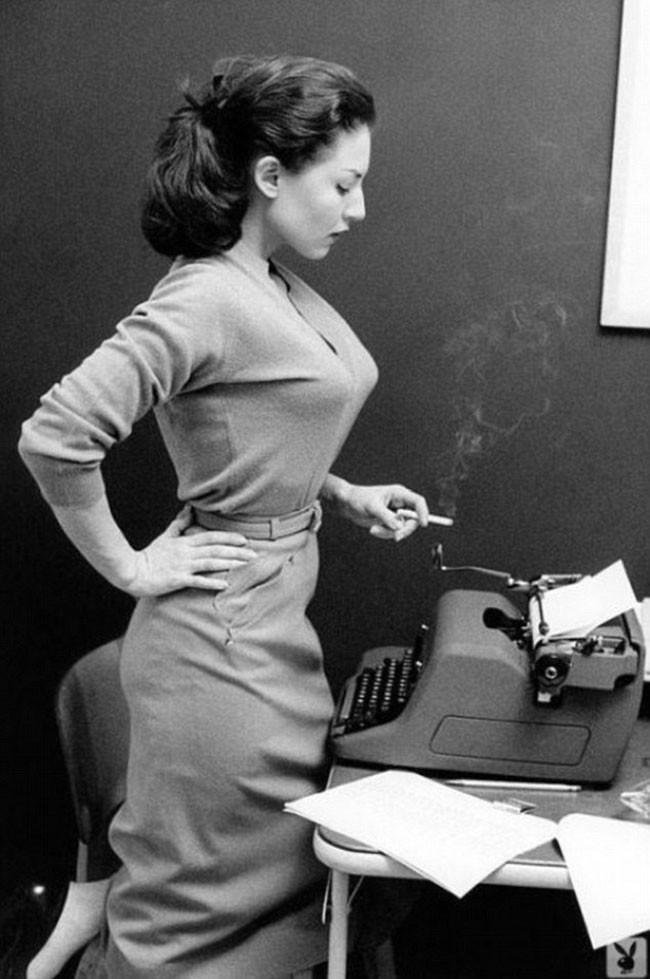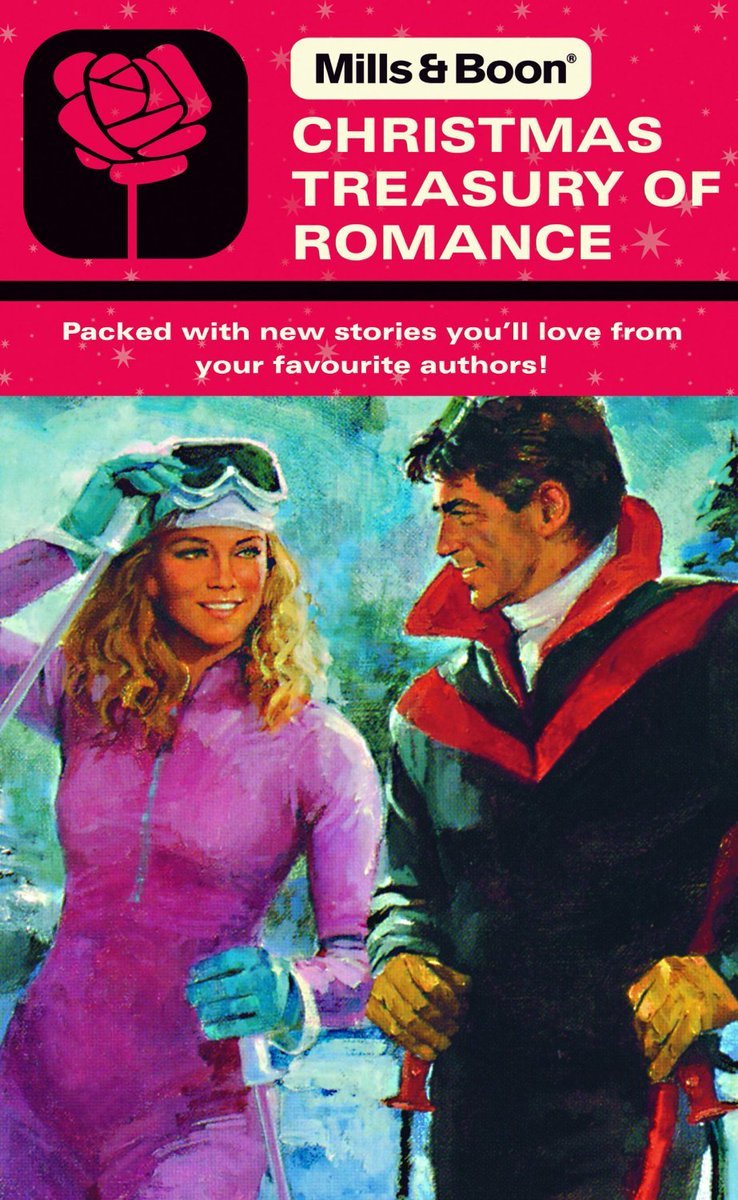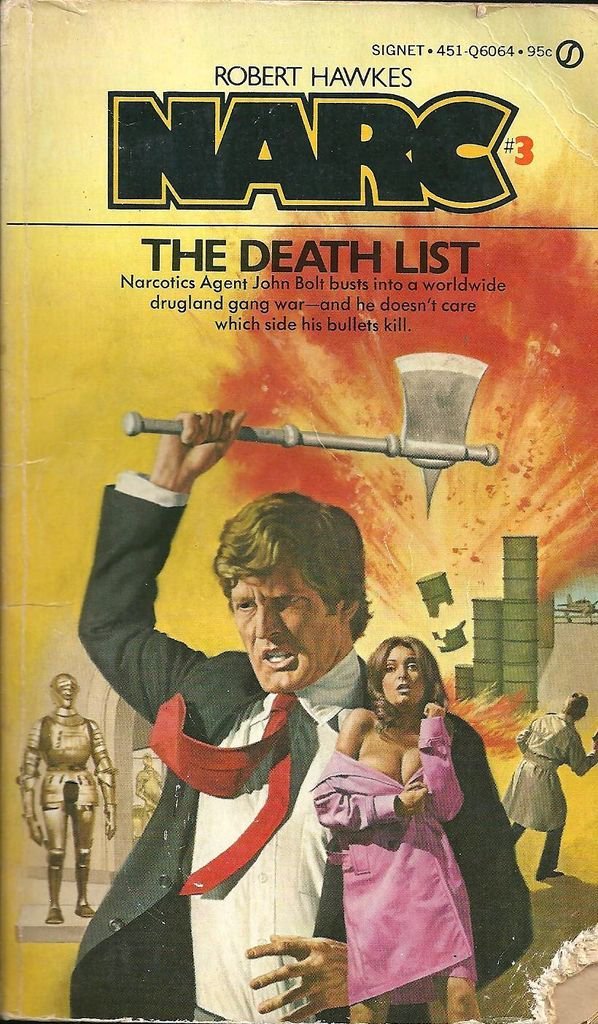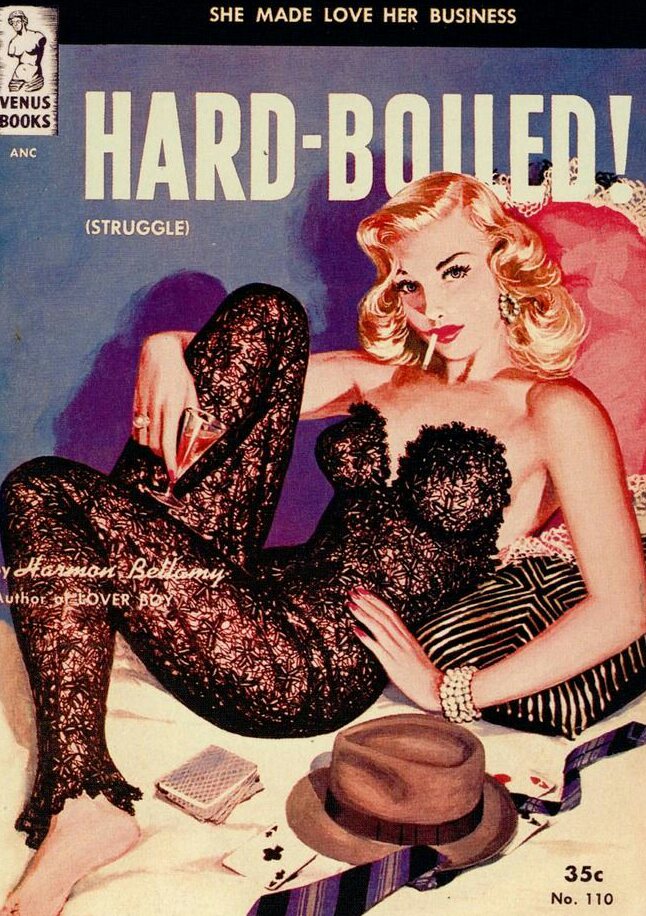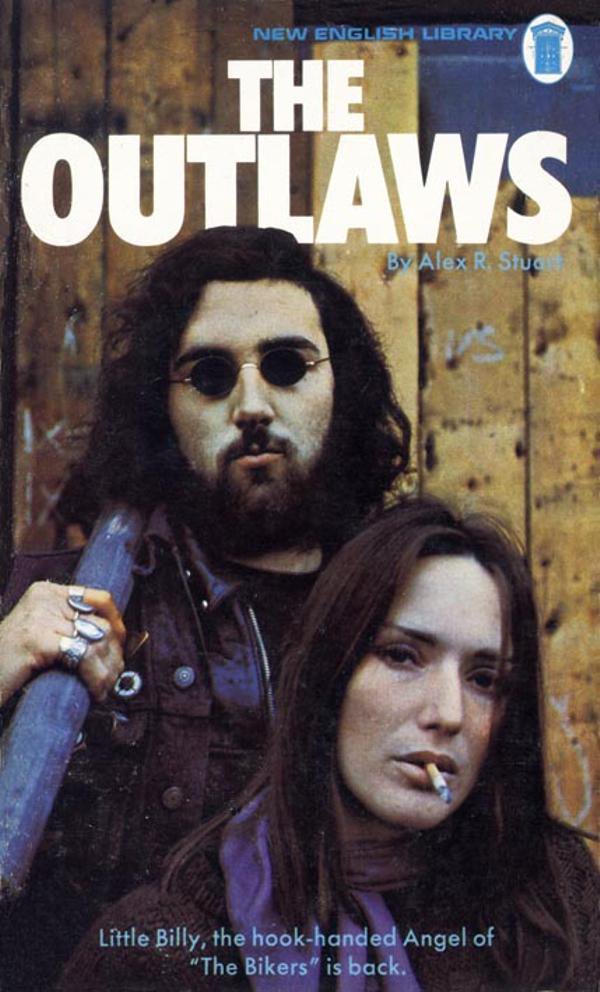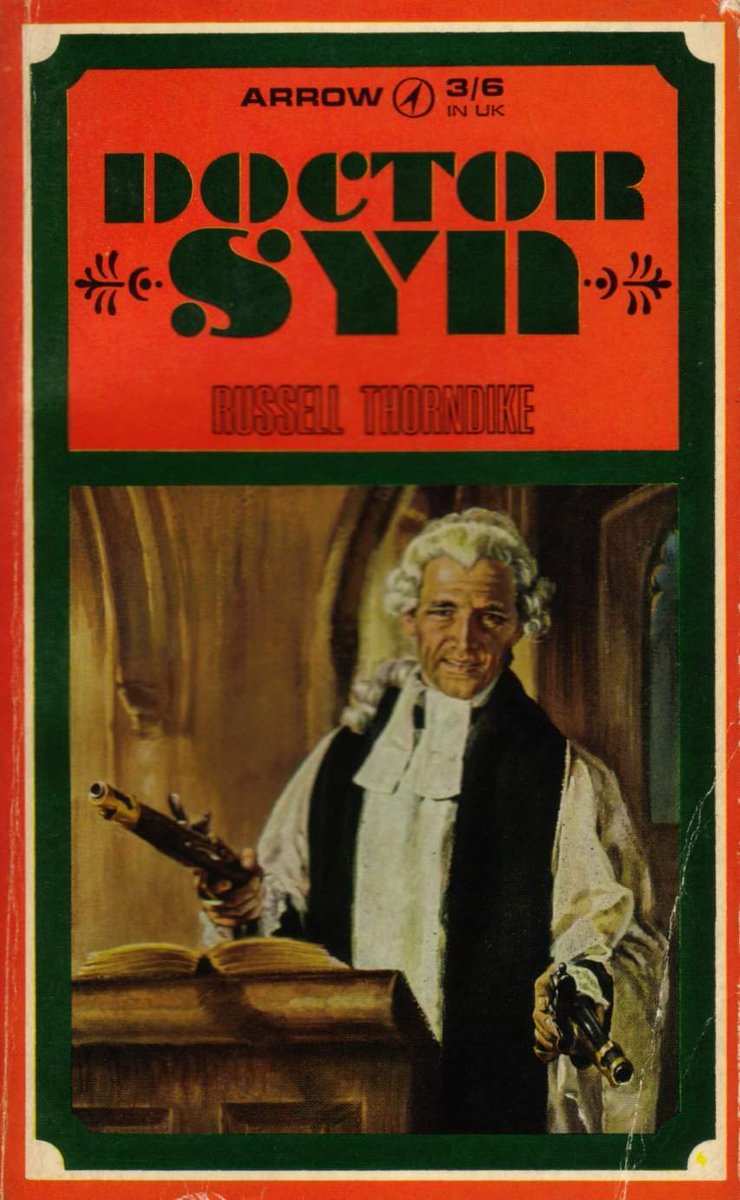Happy #NationalBookLoversDay everybody! But are you really a book lover, or just a book flirt?
Luckily I have a handy quiz to help you out...
Luckily I have a handy quiz to help you out...

A friend buys you a book 'they know you'll love!' but you already have it. Do you:
a) ask for the receipt
b) accept it, but re-gift it later
c) shout "Woo-Hoo! More books!! MORE BOOKS!!!"
a) ask for the receipt
b) accept it, but re-gift it later
c) shout "Woo-Hoo! More books!! MORE BOOKS!!!"

In a bookstore you and another customer both want the last copy of the same book. Do you:
a) let them take it
b) toss a coin for it
c) rip out the last page and scream "You'll never have it! NEVER!!!"
a) let them take it
b) toss a coin for it
c) rip out the last page and scream "You'll never have it! NEVER!!!"

You see an attractive person in a bookshop browsing the Modern Fiction section do you:
a) admire them from afar
b) strike up a conversation with them about modern fiction
c) secretly admonish the books for looking at someone other than yourself
a) admire them from afar
b) strike up a conversation with them about modern fiction
c) secretly admonish the books for looking at someone other than yourself

You visit your local public library. How does the librarian greet you?
a) "Hello, can I help you?"
b) "Nice to see you again."
c) "FFS! Do you not know what a COURT ORDER is? Miriam, release the hounds!!"
a) "Hello, can I help you?"
b) "Nice to see you again."
c) "FFS! Do you not know what a COURT ORDER is? Miriam, release the hounds!!"

How do you like to arrange your bookshelves?
a) in alphaberical order
b) by genre
c) by priapic response
a) in alphaberical order
b) by genre
c) by priapic response

Do you consider yourself:
a) a bibliophobe
b) a bibliophile
c) a bibliobimbo, as your most recent tattoo - "613.96" - confirms
a) a bibliophobe
b) a bibliophile
c) a bibliobimbo, as your most recent tattoo - "613.96" - confirms

So how did you do?
Mostly As: you're a book prude and should stick to watching telly
Mostly Bs: you're a book voyeur at best and probably just like to look at the covers
Mostly Cs: congratulations - you are a book lover and today is your day!
Happy reading...
Mostly As: you're a book prude and should stick to watching telly
Mostly Bs: you're a book voyeur at best and probably just like to look at the covers
Mostly Cs: congratulations - you are a book lover and today is your day!
Happy reading...

• • •
Missing some Tweet in this thread? You can try to
force a refresh


